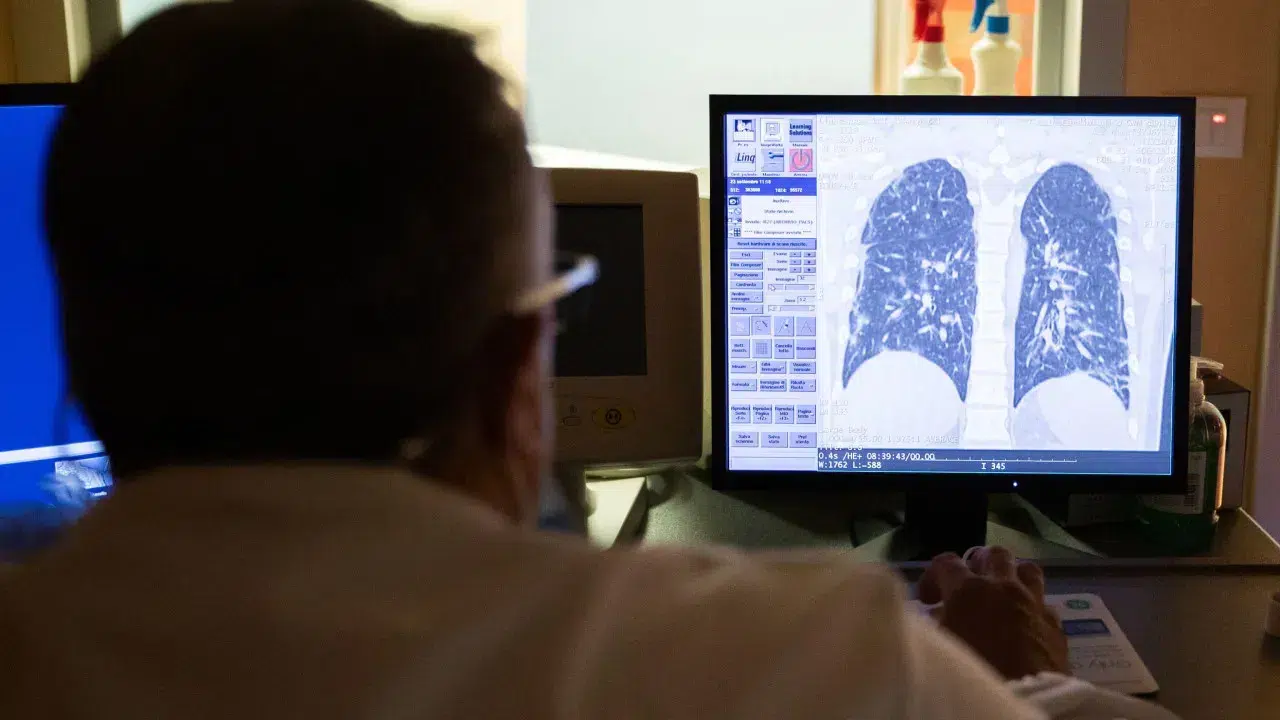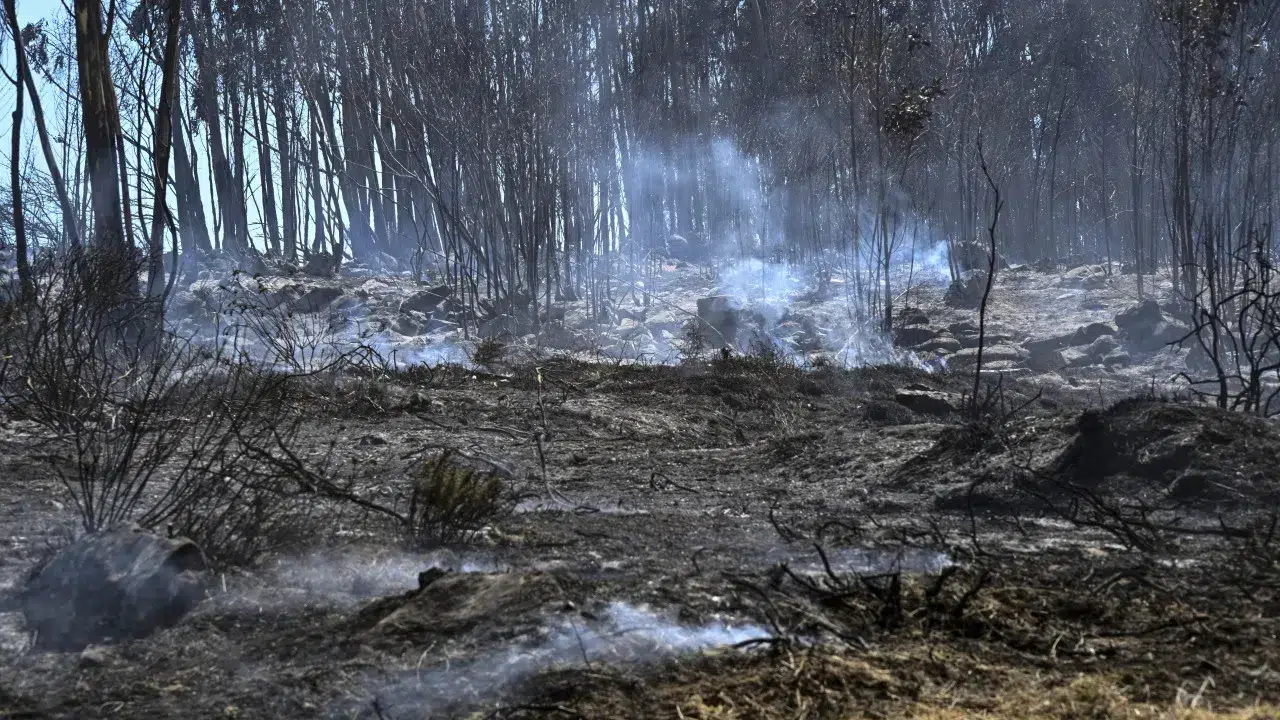
On the eve of World Lung Cancer Day, Isabel Magalhães emphasized the importance of implementing a screening program for this disease, which remains the deadliest oncological tumor due to the large number of diagnoses made at very advanced stages.
“When diagnosed at an early stage, survival rates can be up to eight times higher than those detected in later stages, which is the current reality,” she highlighted.
This is largely because the disease often presents no symptoms in its initial phase, or when symptoms do appear, they are mistaken for other conditions. Lung cancer predominantly affects smokers or former smokers, who make up approximately 85% of diagnoses.
According to the National Institute of Statistics, lung cancer caused 4,490 deaths in Portugal in 2023 alone, the highest figure in 20 years, averaging 12 deaths per day.
To change this reality, Isabel Magalhães advocated for an “absolutely essential and crucial” national screening program, similar to those for other cancers like breast cancer, which, despite its high incidence, has a much lower mortality rate due to the possibility of early diagnosis through screening.
The Portuguese Association for the Fight Against Lung Cancer also underscores the importance of ensuring appropriate follow-up for each case detected in screening, allowing patients timely access to all available innovations.
“Pulmonale has been the entity stirring this issue since 2021,” a year in which it gathered experts to develop a national screening pilot project presented to successive governments, but still not implemented.
When asked about what has failed, Isabel Magalhães pointed to a “lack of political will,” noting that despite commitments to progress, like those made in 2022 when the European Union announced new screenings in national plans, “nothing happens afterward.”
“The current administration recently mentioned that two pilot projects will proceed, [but] as far as I know, no details were given. We genuinely hope these projects proceed, regardless, because it is an urgent matter,” she said, highlighting Portugal’s “considerable delay” compared to other countries.
“I hope this time it won’t just remain an intention and that there will be progress,” because screening can reduce the mortality rate by more than 20%.
Regarding the national landscape for lung cancer treatment, Isabel Magalhães noted that there are “various realities” in the country.
Treatment requires a multidisciplinary approach, with prepared teams and guidelines, ensuring patients receive the same type of access “regardless of the postal code of their residence,” something she is “not sure happens in Portugal.”
She illustrated that many diagnoses are made by family doctors. However, access to general and family medicine is not uniform across the country, citing “access in the North region is very different from that in Greater Lisbon,” for example.
Lastly, she praised the “excellent professionals”—pulmonologists and oncologists—present in the country, who are “aligned with international practices,” and the innovation being approved in Portugal, “albeit often with delays.”




